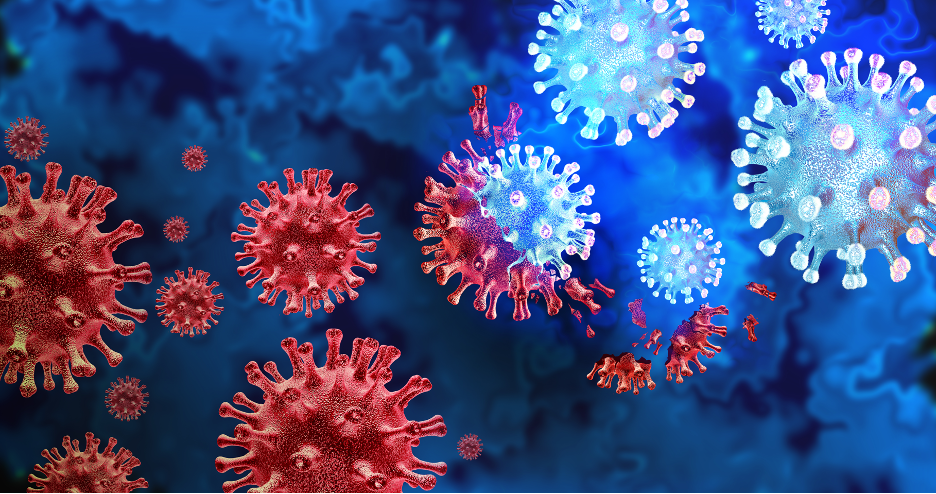COVID-19 and the flu are both respiratory illnesses that can cause similar symptoms. However, they are caused by different viruses. With the COVID-19 pandemic still ongoing, it’s important to understand the differences between these two illnesses to help prevent the spread of COVID-19 and protect yourself and your loved ones.
These COVID-19 vaccination clinics in Northwest Indiana explore some of the key differences between COVID-19 and the flu, including how they spread, their symptoms, testing, treatment and vaccines.
An Introduction to COVID-19 and the Flu
COVID-19 is a respiratory illness that is caused by the SARS-CoV-2 virus. It was first identified in Wuhan, China, in December 2019 and since spread to become a global pandemic. The flu, or influenza, is also a respiratory illness caused by influenza viruses.
How Do COVID-19 and the Flu Spread?
Both COVID-19 and the flu are spread through respiratory droplets when an infected person talks, coughs, or sneezes. These droplets can land on surfaces or be inhaled by people in close proximity.
COVID-19 also can spread through airborne transmission, particularly in poorly ventilated spaces. While the flu is most contagious in the first 3 to 4 days after illness onset, people with COVID-19 can spread the virus for a longer period, even if they are asymptomatic.
Symptoms of COVID-19 and the Flu
COVID-19 and the flu can cause similar symptoms, such as fever, cough and fatigue. However, COVID-19 has been associated with a wider range of symptoms, including loss of taste or smell, headache and shortness of breath.
While symptoms vary from person to person, COVID-19 is generally considered to be more severe than the flu – particularly in older adults and people with underlying health conditions. If you are experiencing any symptoms, it’s best to get tested at your local COVID-19 vaccination clinic in Northwest Indiana so you know how to proceed.
Testing for COVID-19 and the Flu
Testing is an important tool for identifying and controlling the spread of both COVID-19 and the flu. COVID-19 testing typically involves a nasal swab or saliva sample to detect the presence of the SARS-CoV-2 virus.
Rapid antigen tests are also available, but they may not be as accurate as PCR tests. Flu testing can be done with a nasal or throat swab to detect the influenza virus.
Treatment for COVID-19 and the Flu
There is no specific treatment for COVID-19 or the flu, but there are medications that can help alleviate symptoms and reduce the risk of complications.
For COVID-19, treatments such as remdesivir and dexamethasone have been shown to be effective in certain cases.
For the flu, antiviral medications like Tamiflu can help reduce the severity and duration of symptoms. It’s important to seek medical attention if you develop symptoms of COVID-19 or the flu, particularly if you are at higher risk for complications.
Vaccines for COVID-19 and the Flu
Vaccines are an important tool for preventing the spread of both COVID-19 and the flu. COVID-19 vaccines have been developed and authorized for use by the FDA, and they are available at COVID-19 vaccination clinics in Northwest Indiana.
Flu vaccines also are widely available and recommended for everyone over the age of 6 months. While the flu vaccine may not be 100% effective, it may still reduce the severity of illness and prevent hospitalization.
Looking for a COVID-19 Vaccination Clinic in Northwest Indiana?
Are you looking for a COVID-19 vaccination clinic in Northwest Indiana that can offer accurate information regarding COVID-19 and the flu? If so, our medical professionals at 219 Health Network are here to help.
We understand the importance of staying informed and taking steps to protect your health. If you have questions about COVID-19, the flu, or any other health concerns, our team of experienced healthcare professionals is here to help. Contact us today at 833-219-0001 to get started.





















































Recent Comments